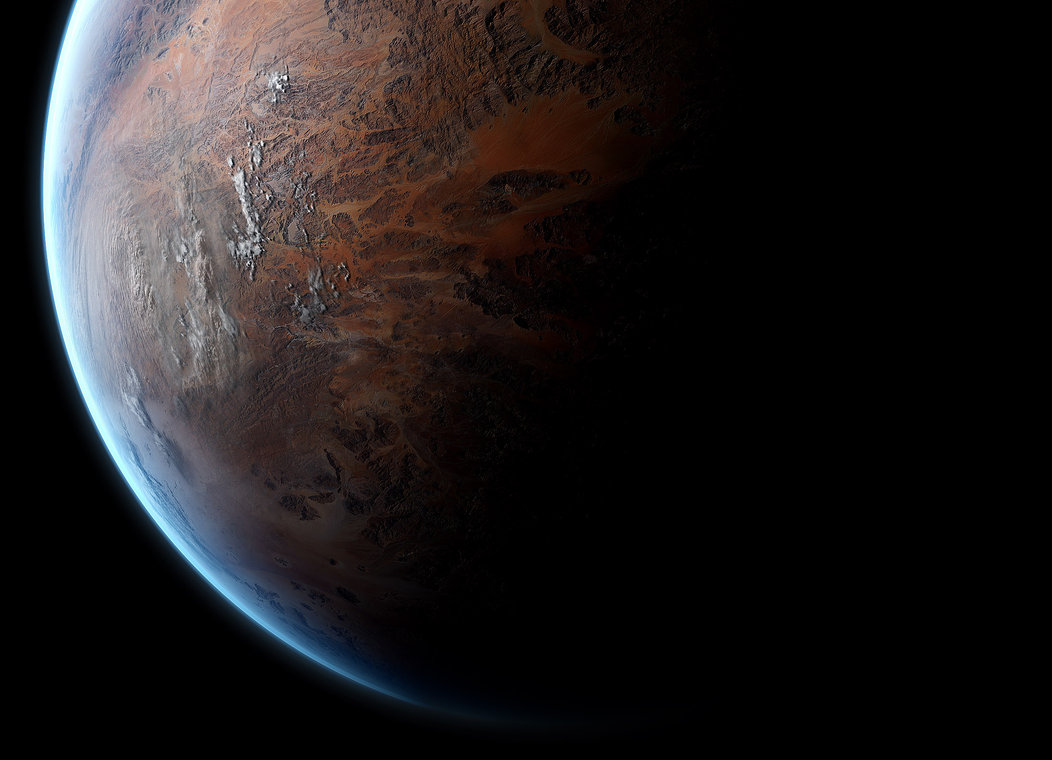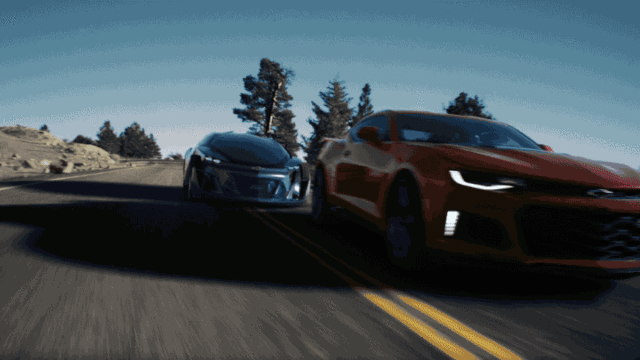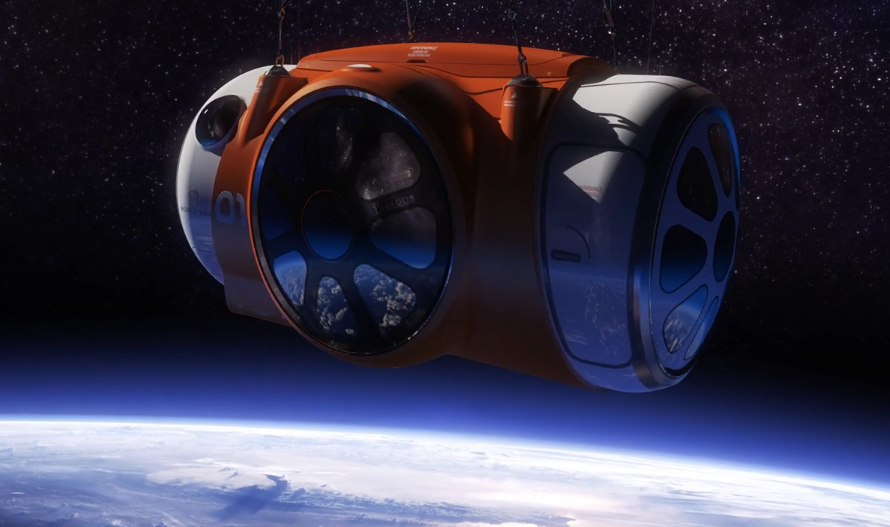NASA recently announced the discovery of 7 new habitable planets is there in the galaxy. However, what they didn’t tell us is that their definition of habitable is much different to that of the general public. When most people think of somewhere as being habitable, they think of a place that isn’t going to kill them the minute they step in the vicinity. NASA’s definition of habitable is not quite the same.
But, that doesn’t mean the discovery of these seven planets is any less important, it just means that it’s unlikely we’ll be hopping on a spaceship to set up base there anytime soon. Situated at more than 40 light years away, these planets orbit a dwarf star called Trappist-1. This dim sun is much smaller than our own and as a result is much cooler too. Because the seven planets stick so close to their sun, they get blasted with radiation and the strength of gravitational pull prevents them from rotating. This results in one side of the planet being continually exposed to the perpetual sun while the other gets perpetual darkness.
So, what makes NASA call these planets habitable then? Habitable to NASA is something that is “capable of sustaining liquid water.” But even then, some people think this definition is too restrictive. Astrobiologist Ariel Anbar of Arizona State University stated, “They say we’re cutting off the possibility of life as we don’t know it….But that’s hard to talk about because, well, it’s life as we don’t know it – so we don’t know it’s there.” However, wouldn’t that make pretty much anywhere habitable?
Although scientists are unable to see the actual planets themselves they know, they’re there and can state if they’re inside a habitable zone or not. Astronomers then take this one step further by gathering data from nearby stars to infer how bug the planet is and how far it is from the sun. But it’s unlikely that astronomers are going to find anything that resembles our own planet. David Grinspoon is an astrobiologist from the Planetary Science Institute in Arizona, and he says, “There isn’t likely to be any planet in the universe that’s habitable in the sense that you and I can just show up and start drinking the water and eating the fruit.”
However, times change and so do planets. If you look back in time, you would see that just half a billion years ago our planet was uninhabitable. There would be life here, but not in the form that we have today. So I guess the summary of it all is that what may be habitable for one species is not the same for another, and there may well be life out there, just not the same as us.
Related Links;
- Scientists Discover the Heavens Are Hell / BloomberView
- 7 Earth-Size Planets Orbit Dwarf Star, NASA and European Astronomers Say / NY Times
- Nearly Every Star Hosts at Least One Alien Planet / Space.com
More News To Read











